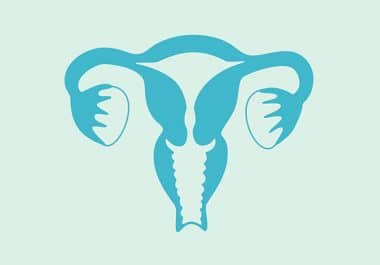An Immunotherapy for First-line Treatment of Certain Endometrial Cancers
The FDA has approved an immune checkpoint inhibitor in combination with chemotherapy to treat certain adult patients with endometrial cancer
The U.S. Food and Drug Administration (FDA) has approved dostarlimab-gxly (Jemperli) in combination with the chemotherapy drugs carboplatin and paclitaxel and followed by dostarlimab-gxly as a single agent for adult patients with primary advanced or recurrent endometrial cancer. The therapy is indicated for patients whose cancer is characterized by mismatch repair deficiency (dMMR), as determined by an FDA-approved test, or high microsatellite instability (MSI-H). These two biomarkers are indicators of DNA repair defects and predict response to immune checkpoint inhibitor therapy.
Immune checkpoint inhibitors are drugs that prevent the activation of inhibitory pathways in T cells and unleash their cancer-fighting ability. Specifically, dostarlimab-gxly targets the PD-1/PD-L1 pathway.

Dostarlimab-gxly was previously approved to treat recurrent or advanced endometrial cancer after progression on or following platinum-containing chemotherapy.
The most recent approval was based on results from RUBY, a randomized, double-blind, placebo-controlled, phase III clinical trial, in which patients with primary advanced or recurrent endometrial cancer were randomly assigned to receive dostarlimab-gxly with carboplatin and paclitaxel, followed by dostarlimab-gxly, or placebo with carboplatin and paclitaxel, followed by placebo. Efficacy was evaluated in a subgroup of 122 patients with dMMR/MSI-H endometrial cancer.
Progression-free survival (PFS) was 30.3 months among patients who received the dostarlimab-gxly-containing regimen and 7.7 months among those who received chemotherapy plus placebo, corresponding to a 71% reduction in the risk of disease progression or death.
Endometrial cancer is the most common type of uterine cancer. It originates in the endometrium, which is the lining of the uterus. Approximately 30% of primary endometrial cancers are classified as MSI-H, and 13-30% of recurrent endometrial cancers are classified as MSI-H or dMMR. According to federal statistics, it was estimated that there would be 66,200 new uterine cancer cases and over 13,000 people would die of the disease in the U.S. in 2023.
The FDA rendered its decision on July 31, 2023.
